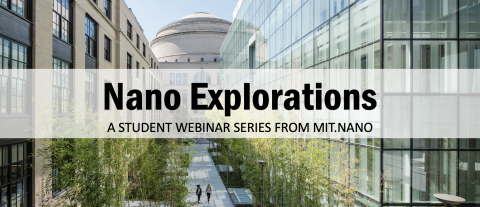
Nano Explorations: Tuning nanoscale phase transitions to expand transformation-induced plasticity
Shaolou Wei, PhD Candidate
Materials Science & Engineering
Metals and alloys have been mankind’s most essential structural materials since the Bronze Age. To seek optimal strength-ductility balance in metallic alloys, athermic phase transformations during plastic deformation are regarded as one of the most effective approaches to promote strength while impeding plastic instability incipience. Decades of efforts in ferrous alloy design have documented the significant role of strain-induced martensitic transformation in mechanical performance improvement (namely, the transformation-induced plasticity effect, TRIP).
Although it has a mechanical benefit, the resulting transformation product of the TRIP-effect, martensite, can be detrimental. The extensive defect density within the martensitic phase and the hardenability discrepancy with its adjacency can lead to local embrittlement and eventual fracture. Wei’s talk will reveal two potential solutions: a sequential martensitic transformation mechanism and a mechanical faulting response. Further insights into mechanistically-guided alloy design will also be discussed.
